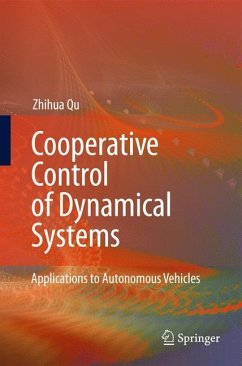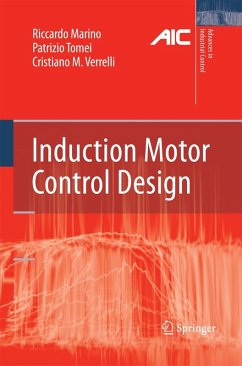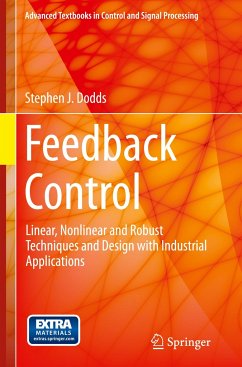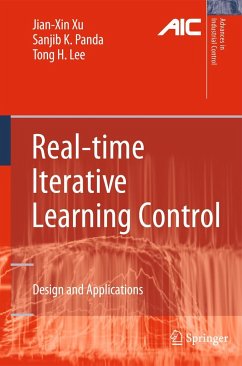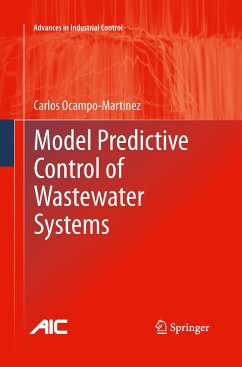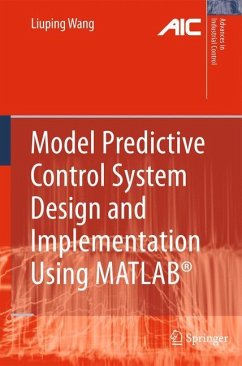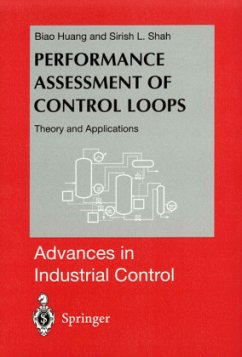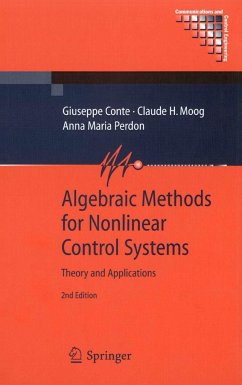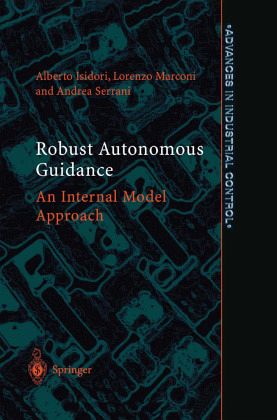
Robust Autonomous Guidance
An Internal Model Approach
Versandkostenfrei!
Versandfertig in 6-10 Tagen
136,99 €
inkl. MwSt.
Weitere Ausgaben:

PAYBACK Punkte
68 °P sammeln!
Plant control systems are subject to the undesirable influence of exogenous commands and disturbances. To track and reject these the authors have designed a feedback control system based on embedding a model of them within the controller itself - the "internal model".From a review of the principles of internal-model-based feedback control design, this book moves on to expound recent enhancements to such designs and then to their implementation in systems operating under conditions of great uncertainty.The case studies presented involve control systems coping with a high degree of nonlinear beh...
Plant control systems are subject to the undesirable influence of exogenous commands and disturbances. To track and reject these the authors have designed a feedback control system based on embedding a model of them within the controller itself - the "internal model".
From a review of the principles of internal-model-based feedback control design, this book moves on to expound recent enhancements to such designs and then to their implementation in systems operating under conditions of great uncertainty.
The case studies presented involve control systems coping with a high degree of nonlinear behaviour. The key issues addressed in each are the design of an adaptive internal model for the specific tracking task and of stabilizing control capable of steering the tracking error to zero while keeping all internal states bounded for any arbitrarily large but bounded envelope of initial data and uncertain parameters. Nested saturated controls form the basis of novel tools for asymptotic analysis and design.
From a review of the principles of internal-model-based feedback control design, this book moves on to expound recent enhancements to such designs and then to their implementation in systems operating under conditions of great uncertainty.
The case studies presented involve control systems coping with a high degree of nonlinear behaviour. The key issues addressed in each are the design of an adaptive internal model for the specific tracking task and of stabilizing control capable of steering the tracking error to zero while keeping all internal states bounded for any arbitrarily large but bounded envelope of initial data and uncertain parameters. Nested saturated controls form the basis of novel tools for asymptotic analysis and design.





